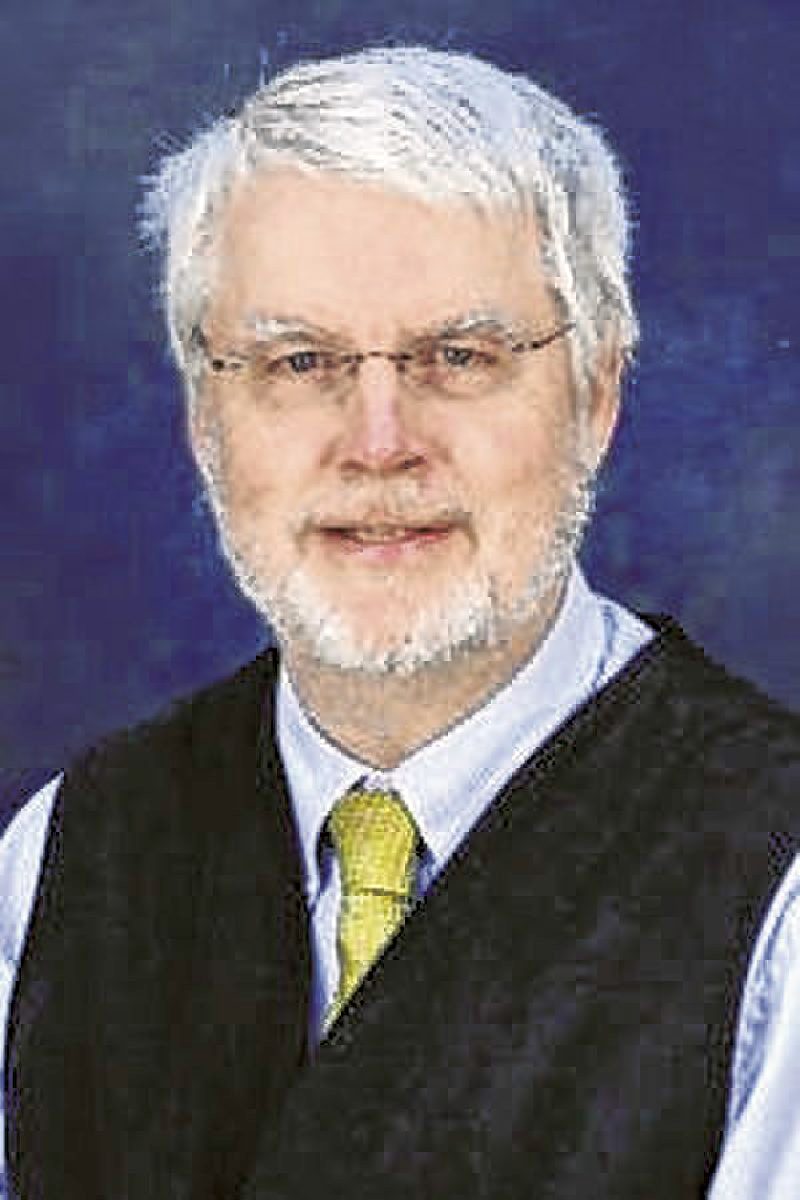For those of us growing up in the ’50s, we were happy to hear the words “wonder drug.”
Certainly, the Salk vaccine was labeled a wonder drug, offering hope that the dreaded disease of polio could be eradicated. The numerous antibiotics that became available were also considered wonder drugs, particularly for those who were allergic to penicillin, another wonder drug. And for those of us fully vaccinated and able to emerge from the cocoon of the coronavirus, the various vaccines certainly qualify as wonder drugs.
But instead of writing about wonder drugs, I want to turn the words around to create the phrase “the drug of wonder.” Here, we aren’t referring to medicines devised by scientists, but to the power of wonder to enrich human life.
Ancient philosophers understood the experience of wonder to be the beginning of philosophy. A modern philosopher has added that wonder is not just the beginning of philosophy, but when philosophy ends, wonder remains.
It’s also true to say that wonder is the beginning of both science and religion. If an apple really did land on Newton’s head, his first thought after “ouch” was likely, “I wonder why that happened?” And can Einstein’s genius be understood without his obvious lifelong sense of wonder?
Psychologists note that children are more attuned to wonder than adults; that is, they experience wonder more easily and regularly until socialization and a sense of knowing facts diminishes it. Jesus noted that the greatest wonder of all, the wonder of God and God’s reign in this world, is best grasped by children. In fact, Jesus stated that adults must become like wonder-filled children to know God.
Wonder is considered a heightened sense of consciousness by those who study the human mind. Take that memory of observing a beautiful sunset or seeing a newborn child. That pause, that involuntary “oh” that comes out of our mouths on these and other occasions is the naturally-produced drug of wonder.
As I wrote in a previous column, one of my summer rituals is to read the works of the conservationist Sigurd Olson. His attraction for me isn’t based on his insights into the natural world or his adventures canoeing long distances in the wilderness of northern Canada. What attracts me to Sigurd Olson is the sense of wonder that is present from his earliest works to his final writings.
Olson inspires me, when I put down his books, to look at the world around us and within us with his sense of wonder. I notice the difference in bird calls; I feel the change of seasons on my skin; I experience clouds as breathtaking.
And it is Olson who convinced me that wonder is the true “fountain of youth.” In the years before he died in his ’80s, Olson offered a bit of wisdom that I treasure as gold: “When you lose the power of wonder, you become old — no matter how old you are. If you have the power of wonder, you are forever young.”
David Carlson of Franklin is a professor emeritus of philosophy and religion. Send comments to [email protected].




